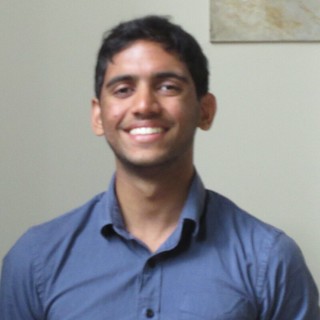
Many organisms must navigate attractive odor signals to find food or mates. However, this is not a simple task; odor signals can be spatiotemporally complex and depend on the flow conditions and terrain. In this talk, I present computational studies that suggest normative strategies for this task, alongside an analysis of olfactory navigation decisions in walking Drosophila. Our simulations show that detecting two complementary temporal features of odor signals supports robust navigation across diverse environments. Furthermore, we find that models of the Drosophila olfactory circuit are sensitive to two features in a manner useful for navigation. Additionally, analysis of real behavioral data indicates that flies do use these features in navigation, as predicted. Finally, I present ongoing research employing deep reinforcement learning to optimize the integration of various directional cues into a goal heading for navigating complex odor plumes. These insights yield testable hypotheses regarding the navigation behavior of flies and other organisms.
Thesis Committee: Thierry Emonet (advisor), Damon Clark, Benjamin Machta, Steven Zucker